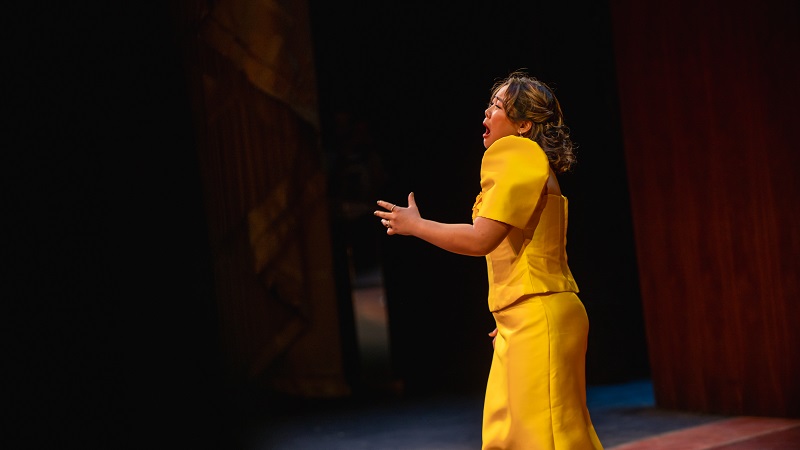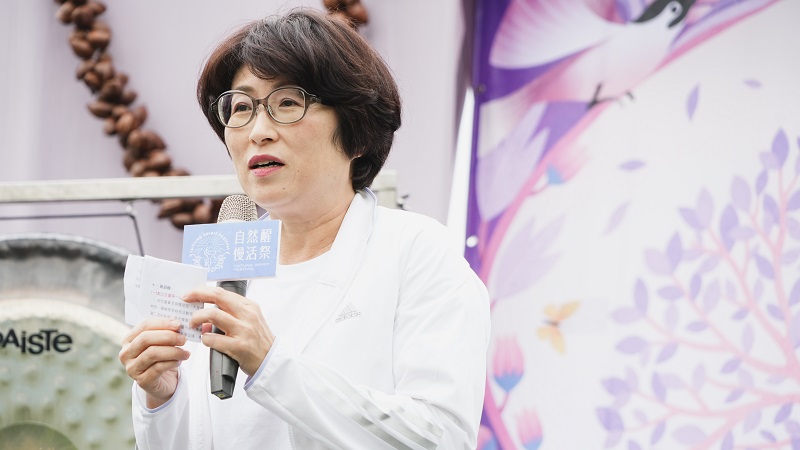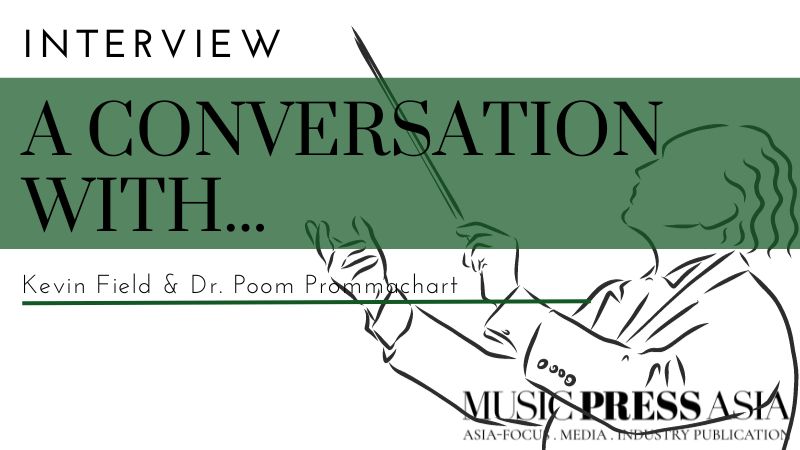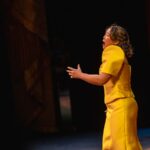Samuel Dass: “Culture Defines Your Country and Customs.”
For the last 40 years, Samuel Dass has created a firm doctrine surrounding the sitar, a classical musical instrument that continues to defy the characters in the expressions of string music. Editor-in-chief of Music Press Asia, Monica Tong recently speaks with Samuel Dass at Swarasia Community Arts Center, his music school in the satellite city of Petaling Jaya only a stone’s throw away from the greeneries surrounding Bukit Gasing.
For the last 40 years, Samuel Dass has created a firm doctrine surrounding the sitar, a classical musical instrument that continues to defy the characters in the expressions of string music. Editor-in-chief of Music Press Asia, Monica Tong recently speaks with Samuel Dass at Swarasia Community Arts Center, his music school in the satellite city of Petaling Jaya only a stone’s throw away from the greeneries surrounding Bukit Gasing.
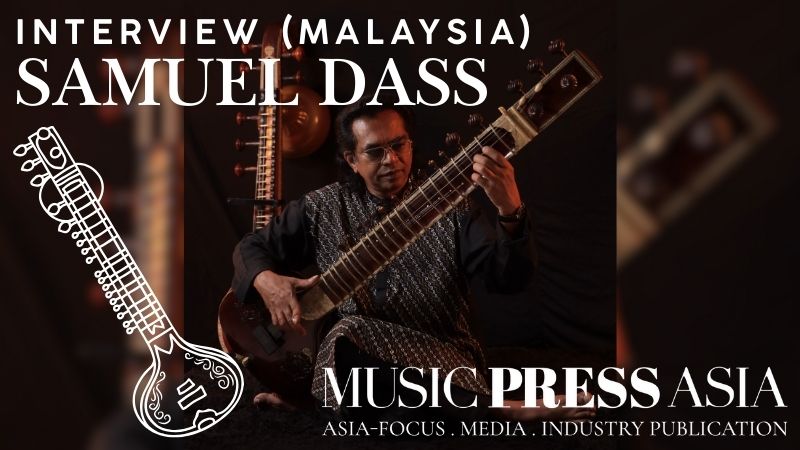
When an interview day and time to meet Malaysian sitar artists was made available to me, I jumped on the opportunity right away. Why? It wasn’t at all difficult to decide that Samuel Dass would occupy this year’s ‘Interview Feature of November 2024’.
At first glance, Samuel Dass bears the look of a man that would typically characterize a Malaysian Indian. With dark locks of hair and a comfortably serene smile, he meets me at the lawn of a one-story mini bungalow, his music school, located on a quiet stretch just yards away from the flurry that sweeps Jalan Gasing.

The morning is busy. A receptionist invites me into a cozy nook. I was brought into a room with traditional jalousie windows opening towards the front lawn. The meeting room that awaits us has a defining long dark table with soft edges.
Before I could even turn on my recording device for the interview, it was clear to me that this Malaysian sitar artist takes his art earnestly.
I want to know the perspectives he stands for surrounding the Indian classical musical instrument, being a disciplined music student, the last 40 years as a sitar teacher and the cultural identity that comes with playing the sitar.
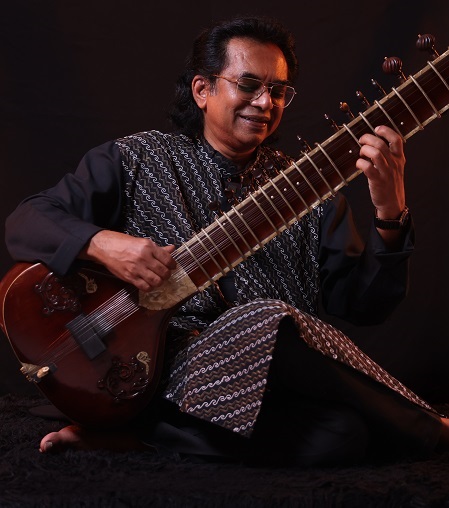
“The jewel as a reward for learning an art is patience,” — Samuel Dass, sitar player.
At just five years old, Samuel begins learning the sitar with his father as the teacher. With a father who also plays the sitar, Samuel receives strict training early. Already practicing five hours each day, his training became more intense after his father was diagnosed with cancer.
Samuel’s father considers the sitar training as instructions to hone not only great skills but also, as he later realized, the ability to gain patience; the ability to meditate and remain composed in challenging situations.
The long-term goal of it all lies within firm philosophical values that ultimately name us all as good humans.
Missing lessons with his father, Dass studied with Mr Maheshwaran Orme at Kuala Lumpur’s Temple of Fine Arts for three years. Later, he began teaching other junior students.
He is excited to learn more and gained more tutoring from Gianni Vachitar Singh, Professor Harideth of Punjab University, and Raj Kumar Sharmar.
The Sitar
Samuel Dass talks about the sitar with great detail and admiration for the traditional musical instrument originally from India.
“Ragas are the melodic forms based on scales. Unlike the musical systems of the west, this may sound expansive because the Indian ragas cover over 6,000 scales. And Indian music is basically based on raga scales that one could improvise from,” said Samuel.
While sitar is historically an instrument more commonly accompanying vocals, it was later developed into an instrument that could also be performed as a soloist in a concert. It continues to hold an important role accompanying a main instrument.
Educating The Young
Samuel Dass takes his role as a sitar educator seriously. He explains how a student after beginning art or music lesson tends to exceed positive training results and desirable traits in their adult life. Whether it is learning to paint, sculpt or learn a musical instrument, he believes that it could also alter the personality of a person.
“The person becomes refined. In the Malay language, it is translated as seni halus. And in English – fine arts. You have become a fine person; one that represents the fine character of that particular art form.”
“The jewels of the art is patience”, said Dass when explaining the values of discipline including the practice of concentration.
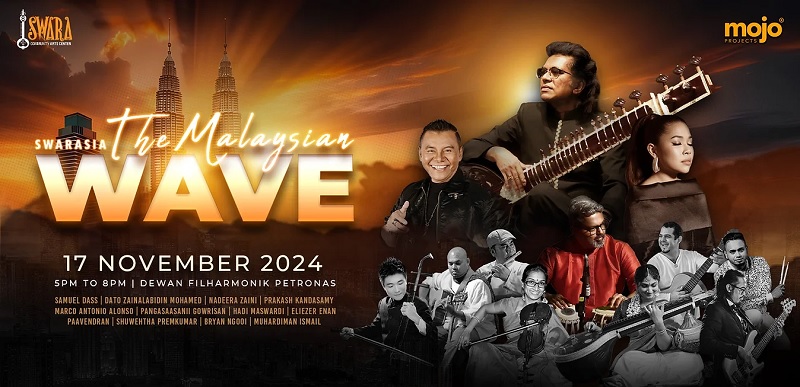
“These are lessons of growing up. It’s all about patience and being detailed about what you do. It is definitely the matter of discipline. If you don’t have discipline, you can never achieve anything. It is also about perseverance because art takes time. You can’t just sit down and become a sitar player in one day.”
Dass further explains his passion for teaching the young.
“It molds the child learning the instrument. To be a good human being. Additionally, you become creative. After some time of learning, you want to create your own style, somehow opening up your mind to a different dimension.”
“If they want to perform, it will be a great source of inspiration. You’ll get rid of the fear performing on stage, and more confident of your self. Ultimately, it molds you to become a different person.
As a musician and tutor, Dass finds a new generation of sitar students hooked on television and the smartphone. As a young man in his prime, the national radio stations had a strong presence while there were only three channels on television.
Firmly, he explains the value of earning a reward: “Children need to learn the basis of earning a reward. That they can’t always get what they want, and that they have to practice earning it. This kind of discipline works well.”
Music Is Health
Dass is reflective on how playing the sitar has greatly impacted him and the others around him.
“Some people would say meditation is good for your health, good for your mind. I would say music is meditation to me. The moment I started practicing for a few hours, meditation is something you focus on and this is what we are taught when it comes to music. You will have to practice the same phrase over and over again until you reach perfection. Isn’t that a form of perfection?”
The hours he spent practicing are his favorite moments.
“As time goes on, I begin to love practicing more than performing simply because it is so challenging.”
The Live Show This Weekend
Dass holds firm to the belief that music brings people together. Growing up in a multicultural society in Malaysia, he sums it all up through the warm and inspirational careers of his collaborators in a recent project with Malaysian singer Zainal Abidin.
“This is what will make us grow together. I want to think and create a way to bring everyone together. At the very heart of it all, art and music bring people together. Despite the differences in religion, rituals, or political thinking, when it comes to arts and music, people don’t look at it with the same eyes. It is something that can be enjoyed by everyone.”

About 25 years ago, Dass played on two tracks of an album Zainal Abidin was making. He holds high regard for other musicians too in the recent project set for this weekend at the Malaysia’s prestigious twin tower music hall, Dewan Filharmonik Petronas.
“We didn’t want this to be an only-instrumental show. Using Indian and Chinese ethnic musical instruments, we wanted to choose a Malay singer who we would nationally identify with.”
He further explains that learning the sitar or any art form is a lifetime study. He no longer thinks that he could be separated from the sitar. It is a profession he cares for passionately.
Toward the end of the interview, we talked about the inspirational and philosophical anecdotes that change us both as musicians. The training he received thus far is epitomized through a state of respect and earnest for the sitar.
In his moment of quiet thoughtfulness, I see a man utterly in sync with the environment and what he is about to achieve. While it may seem like a quest for some of us, Samuel Dass resonates a relentless calm very much aware of the forbidding challenges of how and what life throws at him. He moves on.
Samuel Dass, Zainal Abidin and a lineup of exceptional Malaysians are performing this weekend (17 Nov) at Swarasia — The Malaysian Wave concert at Kuala Lumpur’s Dewan Filharmonik Petronas.
Led by Sitar Maestro Samuel J Dass, this concert blends Indian classical music with jazz, classical, and contemporary world music.
Experience sitar melodies with electric guitar riffs, tabla rhythms with classical strings, and multicultural vocal harmonies, reflecting Malaysia’s global influences and rich musical heritage.
For more information about the concert, click here.
Click here for more information on ticketing and venue.
Awards & Recognition of Samuel Dass
- World Championship for Performing Arts 2006, Hollywood California, USA. Representing Malaysia and Winning 7 Gold and 1 Silver. 7 Champion of the World Titles. Participants from 53 Countries and 6,000 Participants.
- Dr. Ambedkar Award 2024 presented to Outstanding Malaysian Mr Samuel J. Dass in recognition of contribution towards country and community awarded at Dr Ambedkar 5th International Convention and Dr. Ambedkar 133rd Birth Anniversary Celebration, held at IDCC Shah Alam, Malaysia on 13-15 April 2024. The certificate is signed by YAB Dato’ Seri Anwar bin Ibrahim (Prime Minister, Malaysia)
- JKKN (Jabatan Kebudayaan & Kesenian Negara). Unique Arts Foundation with the collaboration of National Department for Culture and Arts Negeri Sembilan. Ministry of Tourism and Culture Malaysia proudly presents the title ‘Sultan of Sitar’ to Samuel J. Dass for his Magnanimous Musical Contribution towards Hindustani Music on 31 May 2014 at the Grand D’Sury Auditorium, Seremban, Negeri Sembilan. The certificate is signed by:
- Abishegam Thiyaga Dass (Chairman of Unique Arts Academy National Instructor for Department of Culture & Arts Malaysia)
- Savithri Velayuthan (Artistic Director of Unique Arts Academy National Facilitator for Department of Culture & Arts Malaysia)
- Mohd Radzi Omar (Director of National Department for Culture and Arts Negeri Sembilan)

